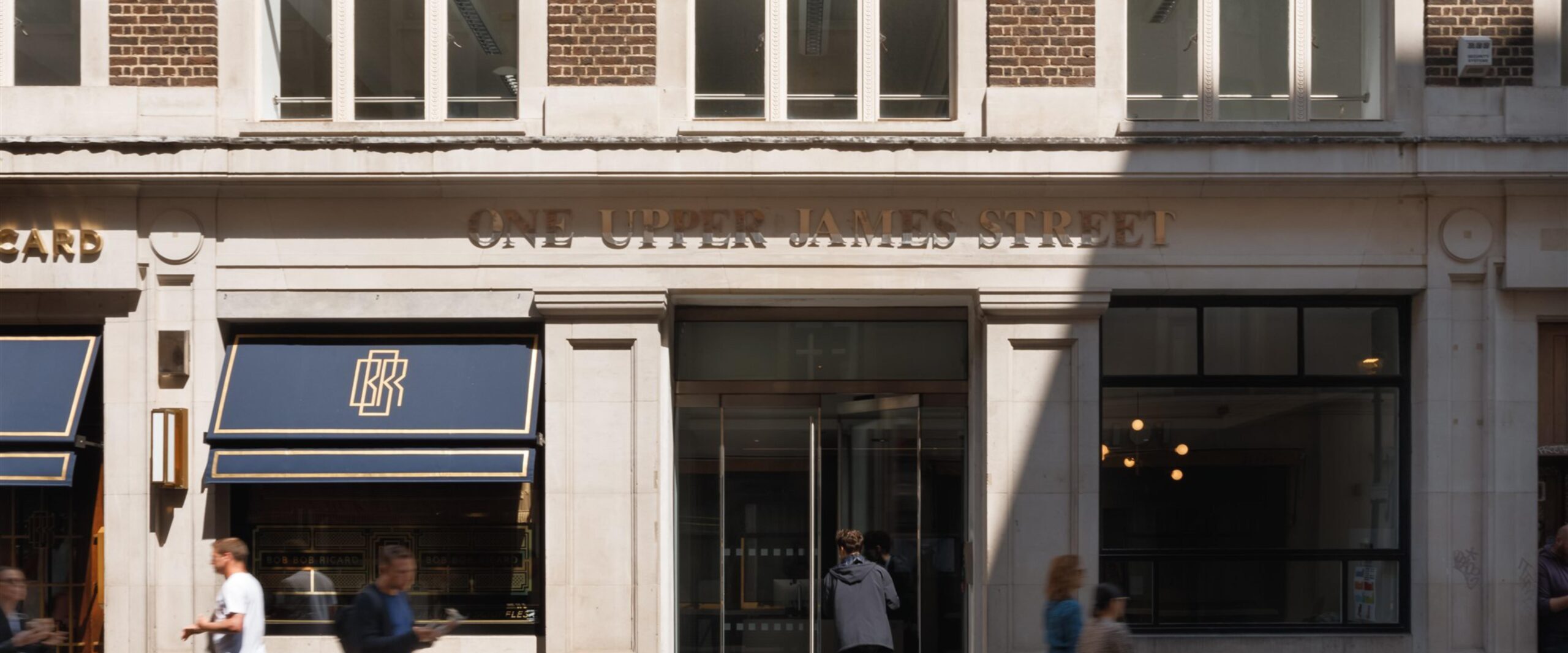
There have been several sweeping statements about business rates reform in the lead up to the Election and at the most recent Labour Party Conference but there has been absolutely no detail about what, how and when this will happen. It was also notably missing in action from the King’s Speech and, even in Whitehall, business rates policy chat has been remarkably quiet.
With the new Government’s first Budget due in just a couple of weeks on 30 October 2024, property fears are rising that this will not be tackled in any serious form this side of the tax year.
This week, top retail execs have called on the Chancellor to apply a 20% retail downward corrector to balance the disproportionate weight of the burden on retailers in the UK. This requires thought as to how it will work fairly and practically. Past proposals to put in place an Online Sales Tax (OST) to level the playing field have failed due to the numerous loopholes that could become ungovernable.
If this were to become policy, then how would the revenue be made up elsewhere? After all, there’s a £22bn alleged black hole to address.
I cannot see the Chancellor applying a uniform 20% discount to retailers, even those of a certain size. It’s too neat for this complex system and doesn’t address the online disparity issue. Where would they draw the line? Would Selfridges and Harrods get it? If not why not? There are already a series of steps that reduce or eliminate the burden for small businesses and a lower multiplier applies to RVs below a threshold, so to add a further allowance would add complexity. All that would happen is that the winners would be happy for 12 months and then forget about it, whilst the losers and those at the margins would vocally express how unfair this was, leading inevcitably to further media debate on how unfair and burdensome the whole system is, just as it is falling off the news agenda. It would, however, be simpler to introduce for a period of time while the promised ‘rip up and reform’ makes its way to the priority list.
During Covid, retail (and hospitality) were put on turnover-based, index-linked rents and received business rates relief. Turnover based business rates could potentially work to ensure the worser-off retailers were protected first but that doesn’t solve the issue long term, and would undermine the basic principle that business rates are a tax on the property rather than the occupation.
It is highly likely Chancellor Rachel Reeves will instead announce another consultation on business rates and how to ‘level the playing field’ between the taxes paid by small and big businesses and online giants. This will effectively buy more time to focus on other subjects while looking like they are working hard to rectify an unfair and – as thought by many – broken system.
It’s also not an easy task. Previous chancellors have looked at an Online Sales Tax (OST) as a way to further parity and have even gone as far to consult on it. But, with too many loopholes to contend with as the distinction between physical and online retail is blurred at best and hugely smoke and mirrors at worst, it was deemed unworkable in its current format.
We are sure the Chancellor will cite the need to overhaul and reform the system properly as a reason for taking longer time, and she’s probably right, but we don’t expect her to rush either. After all, the former Govt received relatively little negative publicity when the UBR was set at a whopping 54.6 pence in the pound with yields of £2.5bn, whilst the stage had already been set for future index-linked rises after a four-year freeze since the onset of Covid-19 reliefs. Who’s to say the Chancellor won’t take her time and blame her predecessors for the fall-out in the meantime?
But what does this mean? It means that come April 2025, a large number of businesses will be hit with more tax to pay if the UBR stays high and hospitality businesses who have been subject to reliefs for the last few years, could find themselves with a collective £1bn extra to pay.
It’s somewhat likely that in lieu of far-reaching reforms to the system right now, the Chancellor will extend hospitality relief, particularly given other challenges to the sector, but no business will be breathing easy in the run up to 30 October. The government have picked fights with the elderly on winter fuel allowance to show they mean business on balancing the books and, with a number of pledges concerning public funding, they have to get the money from somewhere.
With 20 years of pain and consistent calls for radical restructuring of business rates from across the industry, hopes were high when Labour announced its intention to tackle the situation pre-Election.
Given the focus on growth of the economy, it would have been a welcome boost to businesses looking to change up empty retail premises on the high street into more flexible uses, something that the Government has also shown support for, but for which business rates remain restrictive. It would have boosted the hospitality sector at a time when hotels and pubs have been facing rising costs, staff shortages, affordability, a decrease in tourism and ongoing post Covid structural changes.
There’s still time for us to be proven wrong, perhaps the reforms are carefully planned out and insight from the private sector has indeed been captured and turned into a robust strategy. But the cynic in us says differently. Brace yourselves, there may be no immediate budge in the budget.
Related news
BTR: The questions over viability no-one is asking and the solutions that remain unannounced
Build to Rent (BTR) had a record year of investment in 2023 and investor interest remains in 2024 though this hasn’t converted into as many deals.










